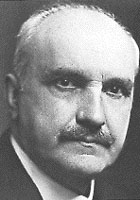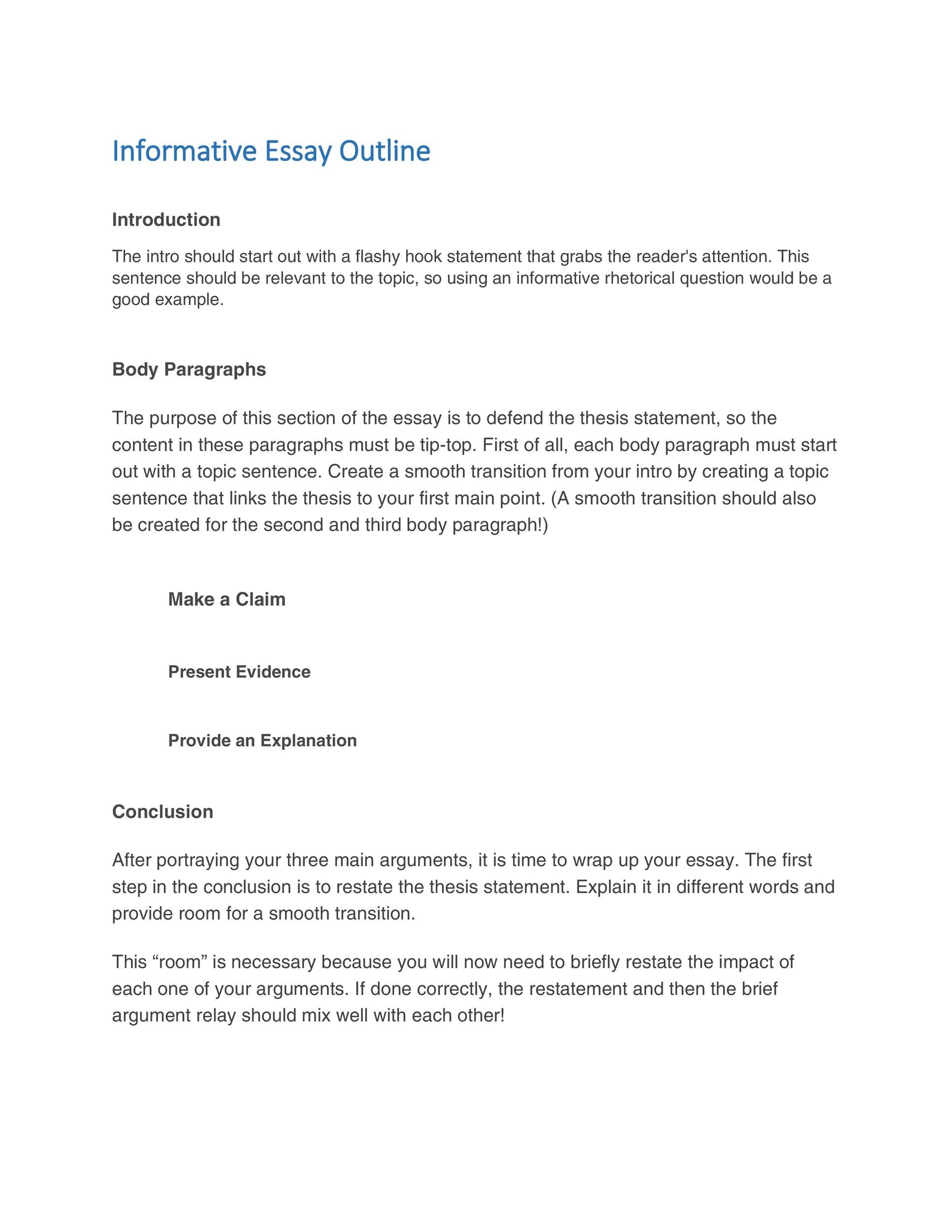How to Write a Conclusion: 9 Steps (with Pictures) - wikiHow.
Tips for Ending a Speech with a Bang. Plan your conclusion speech word for word. Aside from using a speech outline, the best way you can make your conclusion memorable and remarkable. Make use of a call to action. The call to action will provide your closing statement with strength and power.
How to Write a Conclusion to a Speech. Restate Your Thesis. Just like in an essay, your speech's thesis statement determines its direction and purpose. Reviewing your thesis statement. Provide Circular Closure. Make Use of Signal Phrases. Define the Topic's Significance.

Use an apt quotation or expert opinion to lend authority to the conclusion you have reached. Give a startling statistic, fact, or visual image to drive home the ultimate point of your paper. If your discipline encourages personal reflection, illustrate your concluding point with a relevant narrative drawn from your own life experiences.

A conclusion is merely a summary of the speech, so restate the thesis and the main points and end. Be confident with the reiteration being captured within the conclusion, as it is the essence of an Oratory. Leave people remembering the wonder of the speech--and possibly with one zinger of a clincher.

Writing a conclusion is an important part of any piece of writing. It is often possible to get a good overview of an assignment by looking briefly at the conclusion. However, writing a conclusion can be quite difficult. This is because it can often be hard to find something interesting or useful to say in the conclusion.

In a conclusion paragraph, you summarize what you’ve written about in your paper. When you’re writing a good conclusion paragraph, you need to think about the main point that you want to get across and be sure it’s included. If you’ve already written a fabulous introductory paragraph, you can write something similar with different wording.

To increase the likelihood your audience will take action, bring in the petition you want them to sign, or give them the address of the congressperson you are asking them to write and even samples of what points the letter should make. In a persuasive speech, the conclusion is your last opportunity to motivate your audience to act.

The first 30 seconds of any introduction speech seem like the scariest. It doesn’t take long, however, for the fire of the speech to take hold and you get absorbed in the words along with your audience. The first step is to write an intro that caters to your audience while setting the tone you wish to convey.

Conclusions. Conclusions should reinforce the message and give the speech unity and closure. Do: Summarize the main points of your speech. Restate your purpose or thesis. Create closure, a sense of finality. In persuasive speeches, make a final call for commitment or action. Don't: Open new areas of discussion or argument. Change position or.

How to write a good conclusion to a paper. Writing a good conclusion is an essential part of any paper. The conclusion re-states to the audience what the point of the piece of writing was and makes sense of any results that were obtained. To write a good conclusion, you can keep these points in mind:-Summarise the points made in the body of the.

Introductions and conclusions are important components of any essay. They work to book-end the argument made in the body paragraphs by first explaining what points will be made (in the introduction) and then summarizing what points were made (in the conclusion). Introductions. An introduction is typically the first paragraph of your paper.
In general, readers (or listeners) remember your Introduction and your Conclusion much longer than they remember the points developed in the Body of your essay (or speech). They remember the Introduction because that is what first caught their attention; they remember your Conclusion because that is the last thing they read (or heard).

The conclusion to an essay is the most purely rhetorical part of the entire piece. By “rhetorical”, we mean a conclusion’s (and indeed the entire essay’s) ability to convince or persuade the reader of certain outlooks or arguments. An essay conclusion needs to use rhetoric to emotionally connect with the reader in some way. And this is.




